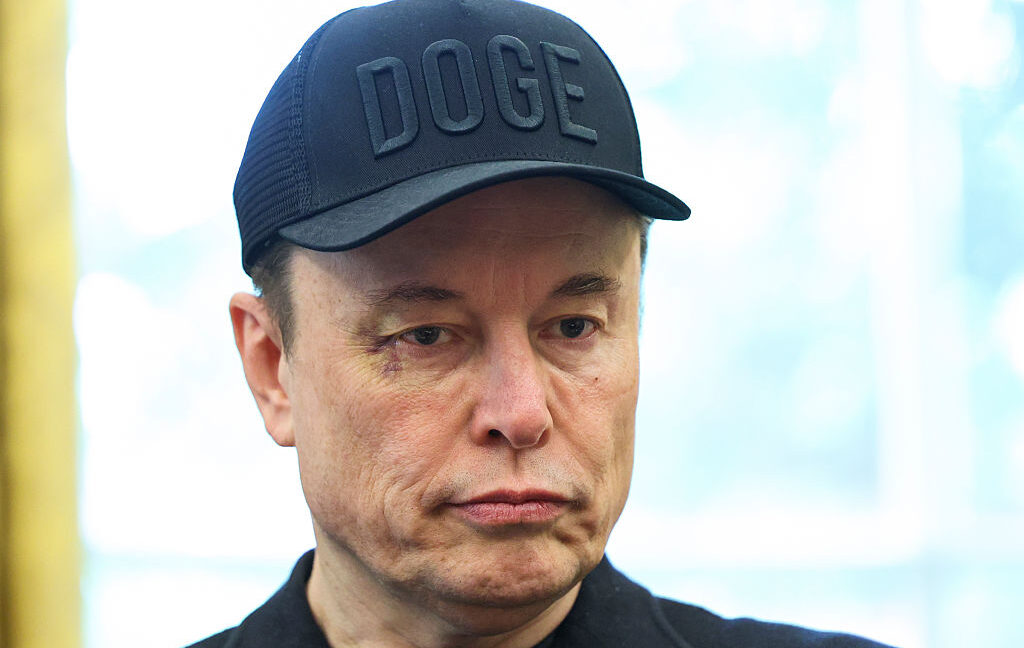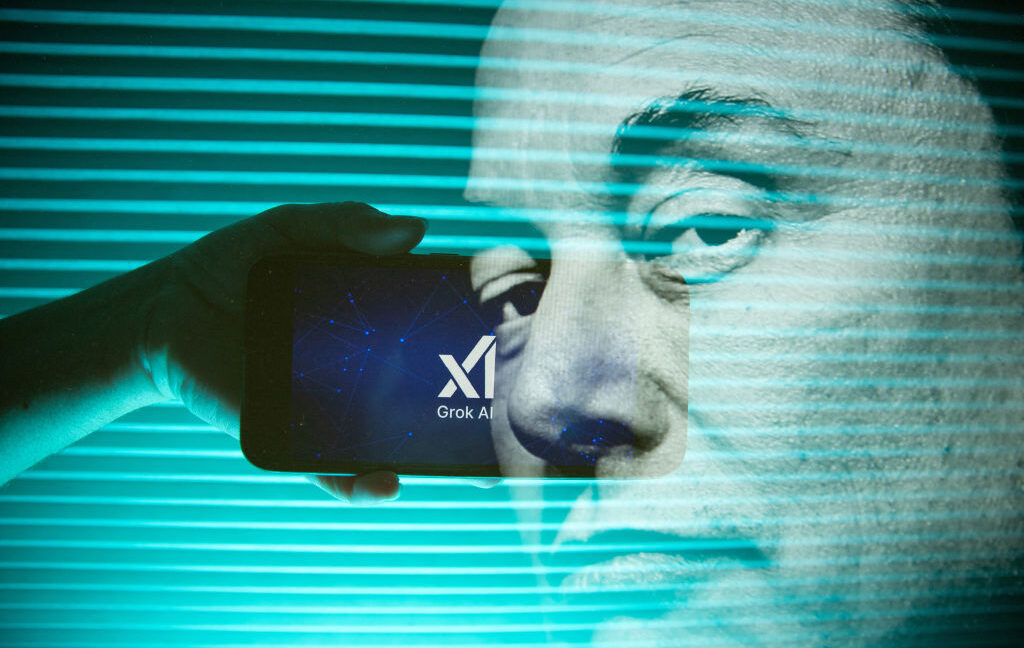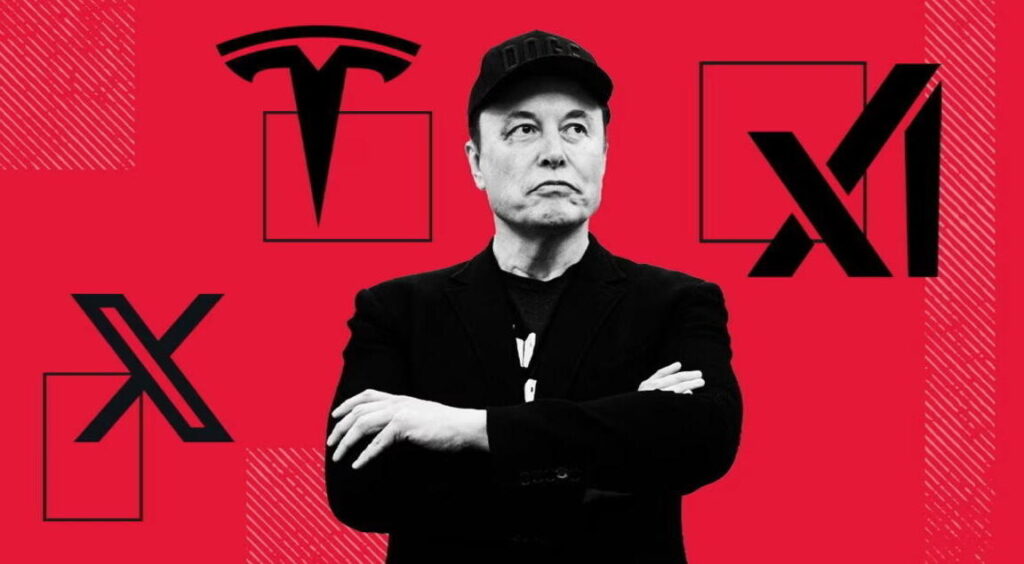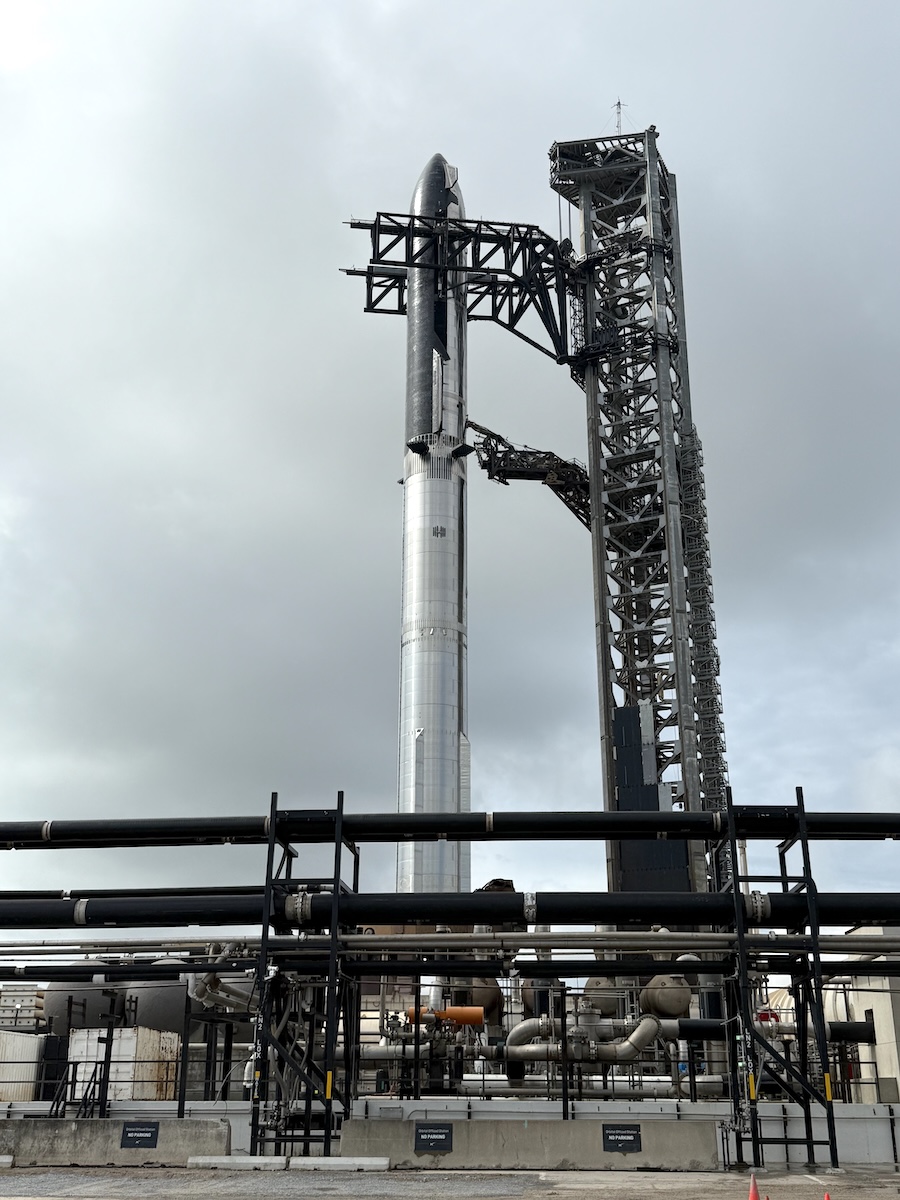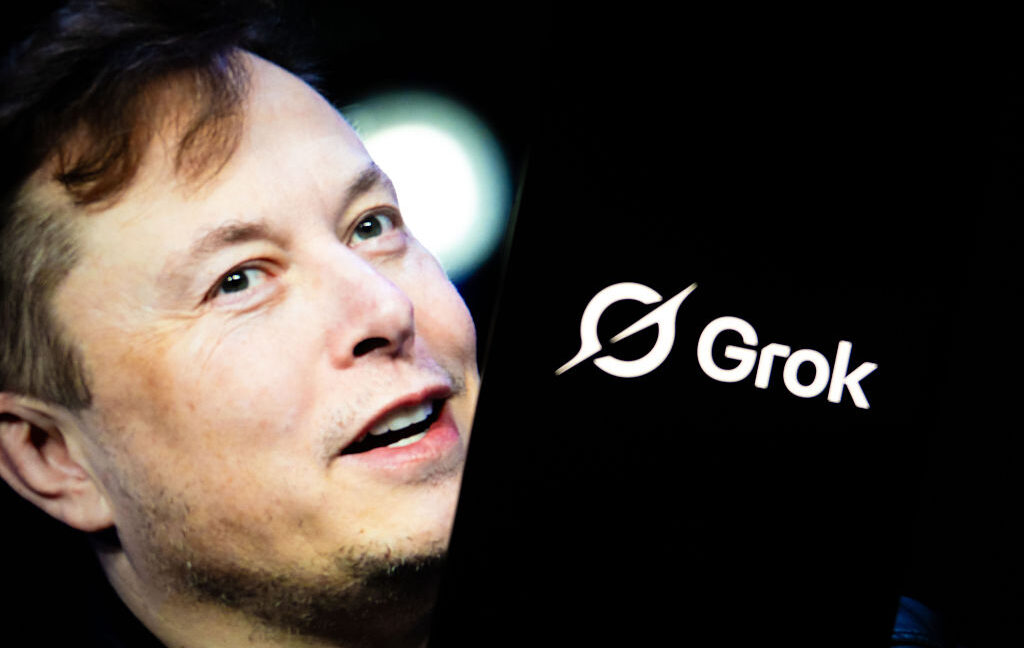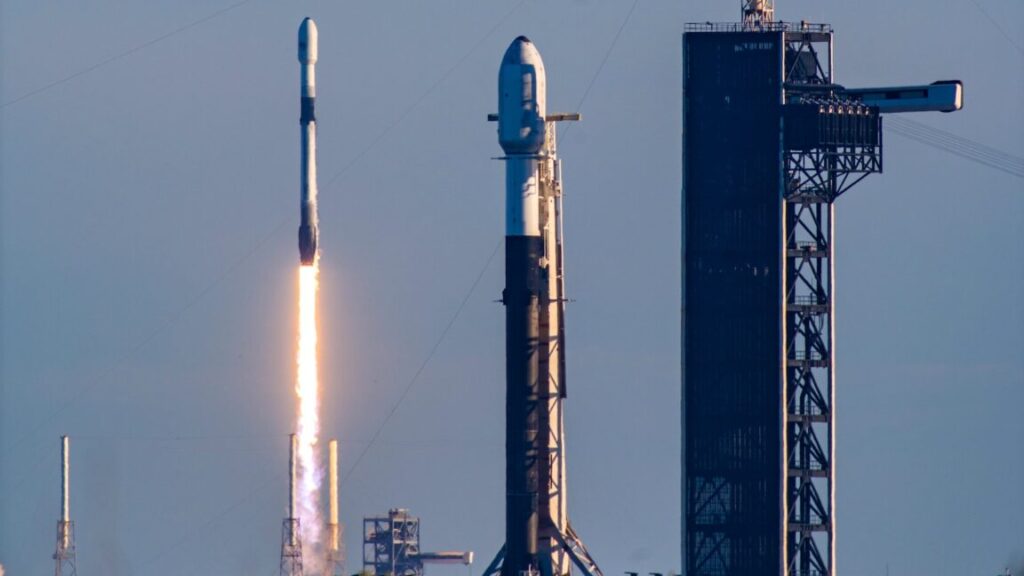Musk’s X posts on ketamine, Putin spur release of his security clearances
“A disclosure, even with redactions, will reveal whether a security clearance was granted with or without conditions or a waiver,” DCSA argued.
Ultimately, DCSA failed to prove that Musk risked “embarrassment or humiliation” not only if the public learned what specific conditions or waivers applied to Musk’s clearances but also if there were any conditions or waivers at all, Cote wrote.
Three cases that DCSA cited to support this position—including a case where victims of Jeffrey Epstein’s trafficking scheme had a substantial privacy interest in non-disclosure of detailed records—do not support the government’s logic, Cote said. The judge explained that the disclosures would not have affected the privacy rights of any third parties, emphasizing that “Musk’s diminished privacy interest is underscored by the limited information plaintiffs sought in their FOIA request.”
Musk’s X posts discussing his occasional use of prescription ketamine and his disclosure that smoking marijuana on a podcast prompted NASA requirements for random drug testing, Cote wrote, “only enhance” the public’s interest in how Musk’s security clearances were vetted. Additionally, Musk has posted about speaking with Vladimir Putin, prompting substantial public interest in how his foreign contacts may or may not restrict his security clearances. More than 2 million people viewed Musk’s X posts on these subjects, the judge wrote, noting that:
It is undisputed that drug use and foreign contacts are two factors DCSA considers when determining whether to impose conditions or waivers on a security clearance grant. DCSA fails to explain why, given Musk’s own, extensive disclosures, the mere disclosure that a condition or waiver exists (or that no condition or waiver exists) would subject him to ’embarrassment or humiliation.
Rather, for the public, “the list of Musk’s security clearances, including any conditions or waivers, could provide meaningful insight into DCSA’s performance of that duty and responses to Musk’s admissions, if any,” Cote wrote.
In a footnote, Cote said that this substantial public interest existed before Musk became a special government employee, ruling that DCSA was wrong to block the disclosures seeking information on Musk as a major government contractor. Her ruling likely paves the way for the NYT or other news organizations to submit FOIA requests for a list of Musk’s clearances while he helmed DOGE.
It’s not immediately clear when the NYT will receive the list they requested in 2024, but the government has until October 17 to request redactions before it’s publicized.
“The Times brought this case because the public has a right to know about how the government conducts itself,” Charlie Stadtlander, an NYT spokesperson, said. “The decision reaffirms that fundamental principle and we look forward to receiving the document at issue.”
Musk’s X posts on ketamine, Putin spur release of his security clearances Read More »
